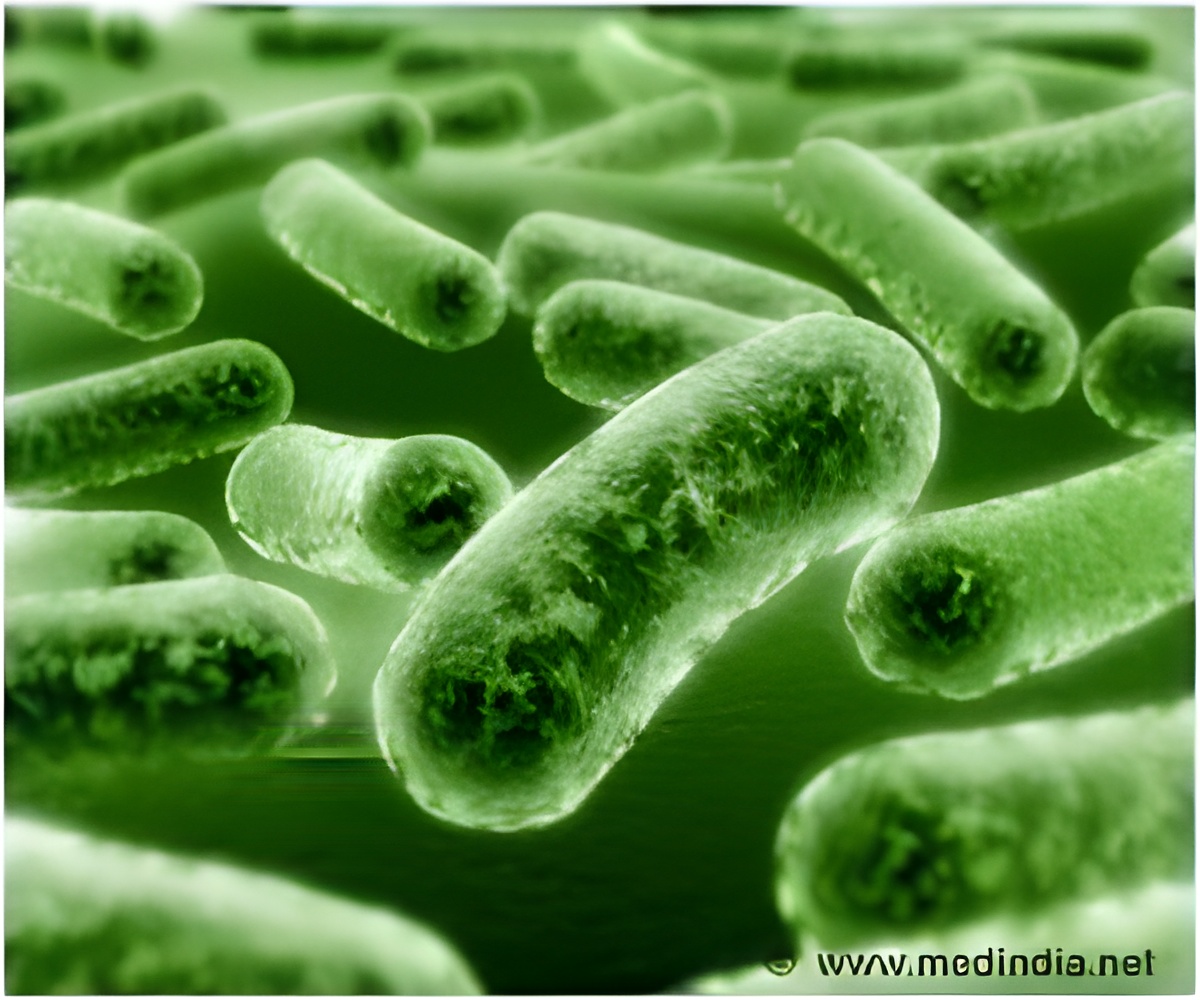Researchers have revealed that an altered gut microbiota in humans is associated with symptomatic atherosclerosis and stroke.

How does the metagenome affect our health? This question is currently being addressed by researchers at the University of Gothenburg, Sweden, and the Chalmers University of Technology, Sweden, in the rapidly expanding field of metagenomic research. Several diseases have been linked to variations in the metagenome.
Researchers at Chalmers University of Technology and Sahlgrenska Academy, University of Gothenburg, now also show that changes in the gut metagenome can be linked to atherosclerosis and stroke.
The researchers compared a group of stroke patients with a group of healthy subjects and found major differences in their gut microbiota.
In particular, they showed that genes required for the production of carotenoids were more frequently found in gut microbiota from healthy subjects. The healthy subjects also had significantly higher levels of a certain carotenoid in the blood than the stroke survivors.
Carotenoids are a type of antioxidant, and it has been claimed for many years that they protect against angina and stroke. Thus, the increased incidence of carotenoid-producing bacteria in the gut of healthy subjects may offer clues to explain how the gut metagenome affects disease states.
Advertisement
Jens Nielsen, Professor of Systems Biology at Chalmers, says that it may be preferable to take probiotics instead - for example dietary supplements containing types of bacteria that produce carotenoids.
Advertisement
The researchers have now started a company, Metabogen, to further develop their discoveries relating to the metagenome. Their success is based on close cooperation between engineers, microbiologists and doctors.
The study has been published in Nature Communications.
Source-ANI














